
From Division to Unity: How Political Crises Ignite Viral Online Solidarity
2025-08-25
Author: Benjamin
In a fascinating twist on digital behavior, recent research reveals that political crises can turn the tide from disdain for opposing groups to a surge in ingroup solidarity online. Contrary to prior findings that suggest negativity fuels social media engagement, this study highlights how major upheavals can foster a spirit of unity.
The backdrop of this revelation includes tumultuous events during the summer of 2024. An attempted assassination on former President Donald Trump on July 13 and President Joe Biden's suspension of his re-election campaign on July 21 dramatically transformed the landscape of the presidential race.
Conducted by the University of Cambridge's Social Decision-Making Lab, researchers analyzed over 62,000 social media posts from U.S. politicians and commentators to uncover shifts in online behavior amidst these crises.
The Shift from Anger to Unity
Malia Marks, a Ph.D. candidate leading the study, aimed to explore what types of content resonated most with both Republican and Democrat audiences during this high-stress period. Surprisingly, rather than amplifying anger and outrage, these crises incited a wave of solidarity among party members.
After the assassination attempt, Republican posts showcasing unity received a staggering 53% more engagement, a noticeable jump from before the incident. Posts from notable figures, such as Franklin Graham and Laura Ingraham, illustrated this newfound camaraderie, shifting the focus from attacks on Democrats to expressions of loyalty.
Conversely, Republican posts attacking Democrats saw a decline in engagement, dropping by 23 percentage points.
Democratic Unity Surges Post-Crisis
Following Biden's campaign suspension, posts expressing support for him skyrocketed, garnering 91% more engagement than their less supportive counterparts, marking a remarkable increase of 71 percentage points. Prominent Democrats praised Biden as a champion for workers and an impactful leader, echoing the spirit of unity.
Interestingly, while some Democrats criticized Republicans, the study observed a stark difference in engagement—almost a quarter of conservative posts displayed hostility, compared to just 5% of liberal posts.
A Broader Context of Crisis and Solidarity
This isn't the first time researchers have noted a rallying effect in times of crisis. A 2021 Cambridge Lab study focusing on Ukrainian social media found a staggering 92% increase in solidarity posts following Russia's invasion in February 2022, showcasing the potential of crisis to unify people.
Dr. Jon Roozenbeek, a senior author of the recent study, expressed surprise at the findings, particularly in a highly polarized environment like the U.S. He emphasized that moments of threat can provoke a pivotal shift toward ingroup love rather than outgroup hate, reminding us of the power of unity amid adversity.
As the digital landscape continues to evolve, these insights may provide a glimmer of hope, suggesting that even in volatile political climates, moments of crisis can inspire solidarity and shared identity.
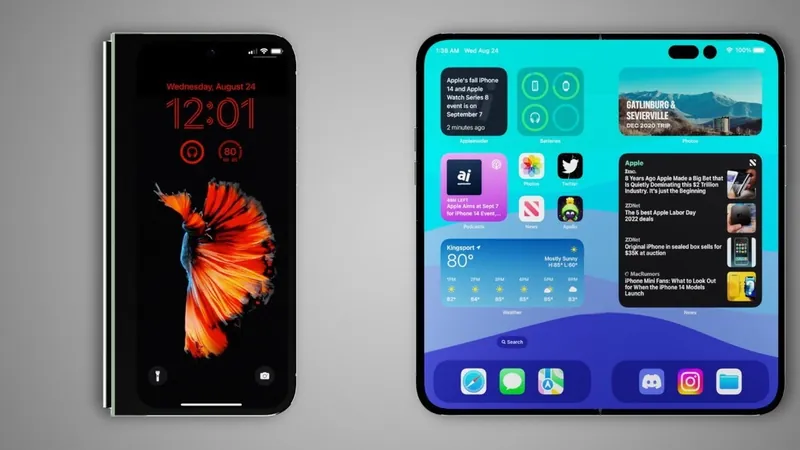

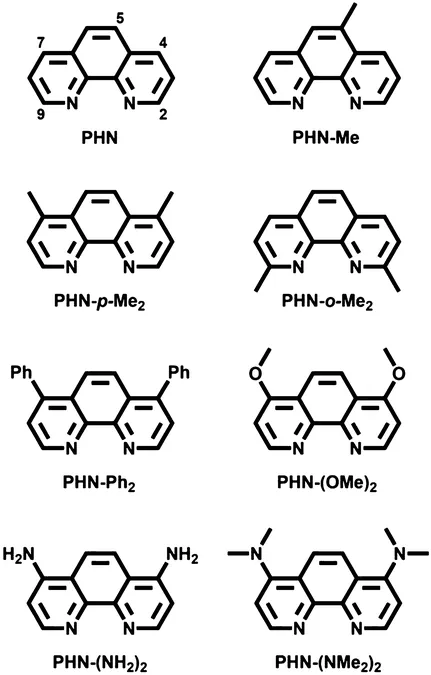

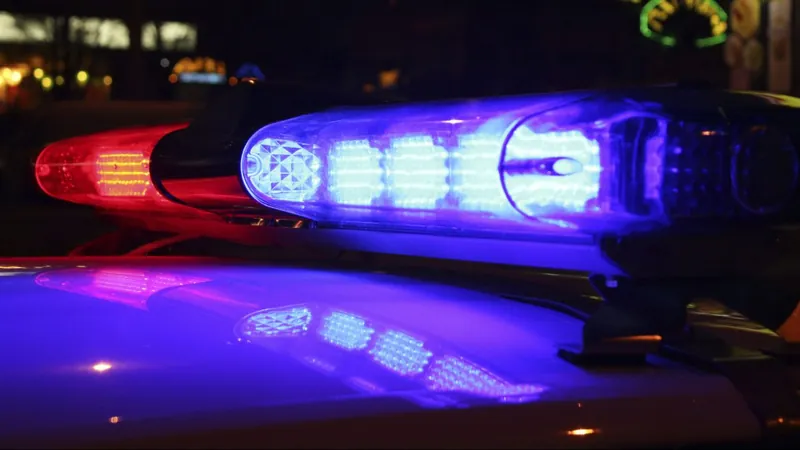
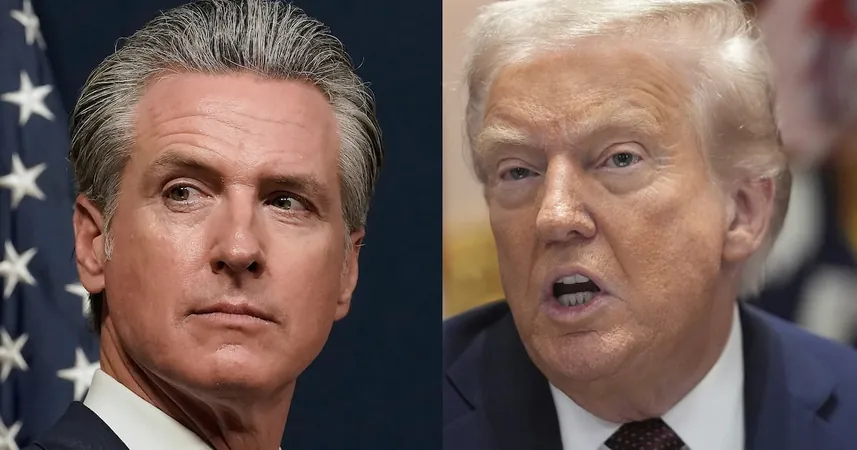
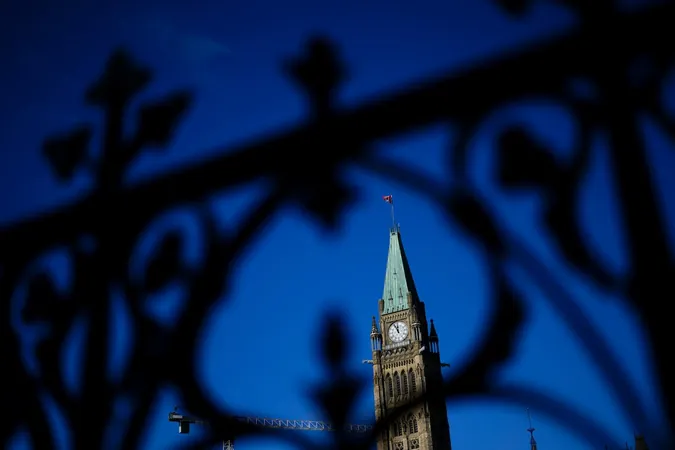
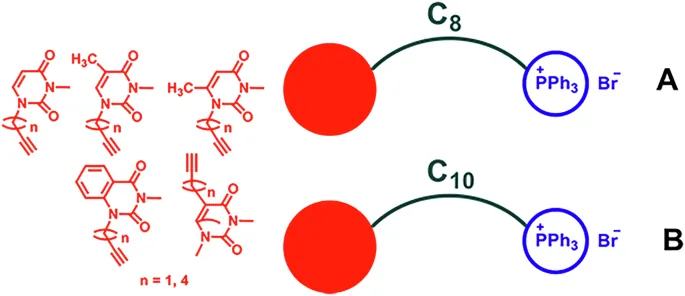
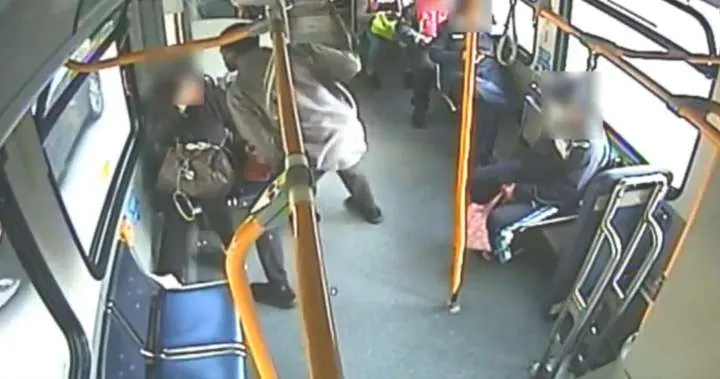
 Brasil (PT)
Brasil (PT)
 Canada (EN)
Canada (EN)
 Chile (ES)
Chile (ES)
 Česko (CS)
Česko (CS)
 대한민국 (KO)
대한민국 (KO)
 España (ES)
España (ES)
 France (FR)
France (FR)
 Hong Kong (EN)
Hong Kong (EN)
 Italia (IT)
Italia (IT)
 日本 (JA)
日本 (JA)
 Magyarország (HU)
Magyarország (HU)
 Norge (NO)
Norge (NO)
 Polska (PL)
Polska (PL)
 Schweiz (DE)
Schweiz (DE)
 Singapore (EN)
Singapore (EN)
 Sverige (SV)
Sverige (SV)
 Suomi (FI)
Suomi (FI)
 Türkiye (TR)
Türkiye (TR)
 الإمارات العربية المتحدة (AR)
الإمارات العربية المتحدة (AR)